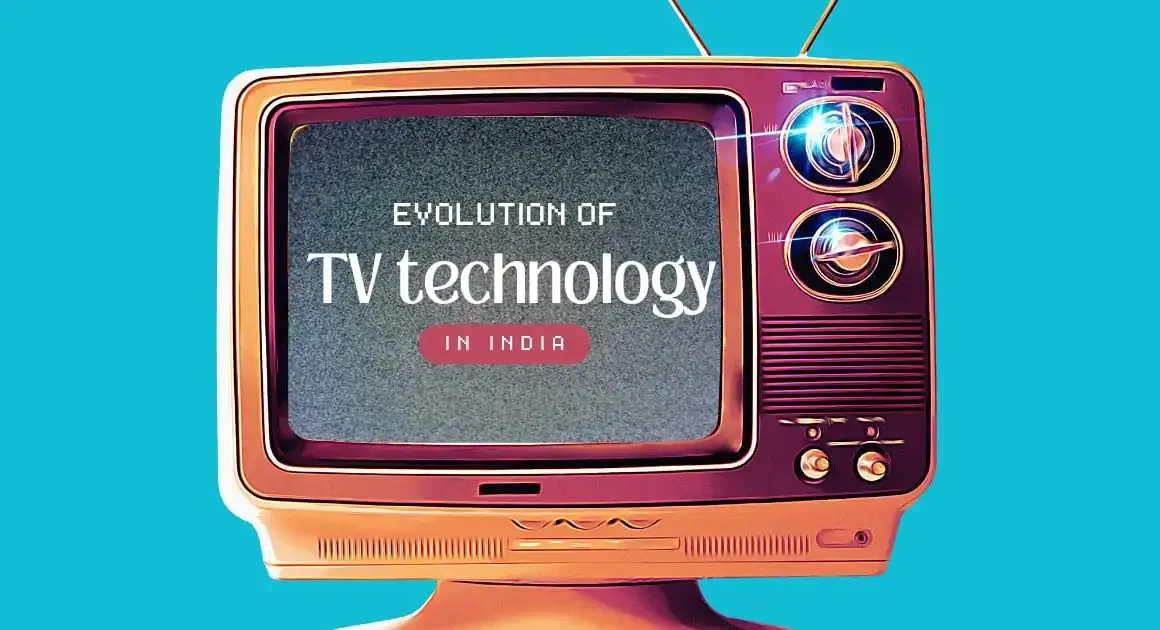Every headline, every exposé, every story that shapes our understanding of the world around us . It all flows from the tireless efforts of our working journalists. But behind the scenes, beyond the adrenaline rush of deadlines, lies a reality governed by the Working Journalists Act, 1955. This blog delves into the significance of this Act. This helps to understand and appreciate its role in protecting the rights of those who give voice to the voiceless.
Enacted in 1955, the Working Journalists Act serves as a crucial legal framework for safeguarding the rights and working conditions of journalists in India. It applies to journalists employed in newspaper establishments, encompassing reporters, correspondents, editors, and other related professionals.
The Working Journalist Act, 1955 is one of the topics in UGC Mass communication and journalism syllabus & UG and PG students.
The act differentiates working journalist , non journalist newspaper employees and news papers employer in managerial or administrative
Working journalism means a person who gathers, writes, and reports news for a news organization. They may work for newspapers, magazines, television stations, radio stations, or online news outlets. Working journalists are responsible for investigating stories, conducting interviews, and writing articles or reports that inform the public about current events.
Non-journalist newspaper employees, encompassing roles from administrative staff to sales representatives and technical personnel, are integral contributors to the functioning of a newspaper. While not explicitly covered under the Working Journalist Act, broader labor laws governing employment contracts, workplace safety, and health regulations protect these individuals.
Key Aims of the Act:
- Protect the rights of journalists: This is the overarching goal of the Act. It safeguards journalists from exploitation, unfair practices, and arbitrary termination of employment.
- Promote fair and decent working conditions: The Act regulates working hours, leaves, holidays, and wages, ensuring journalists have a healthy and sustainable work environment.
- Uphold freedom of the press: By protecting journalists from undue pressure and interference, the Act helps maintain a free and independent press, critical for a vibrant democracy.
- Foster professionalism in journalism: Setting standards for wages and working conditions attracts and retains qualified individuals to the profession, promoting quality journalism.
- Provide access to legal recourse: The Act provides journalists with legal mechanisms to address grievances and seek redressal in case of unfair treatment.
Important Special provisions
Beyond the general aims and significance of the Working Journalists Act, 1955, it also includes crucial special provisions catering to specific situations and concerns faced by journalists. Here are some of the most important ones:
Section 2: Definitions
In this section defines “newspaper” means any printed periodical work containing public news or comments on public news and includes such other class of printed periodical work as may, from time to time, be notified in this behalf by the Central Government in the Official Gazette;
“newspaper employee” means any working journalist, and includes any other person employed to do any work in, or in relation to, any newspaper establishment;
“newspaper establishment” means an establishment under the control of any person or body or persons, whether incorporated or not, for the production or publication of one or more newspapers or for conducting any news agency or syndicate;
Section 4: Special provisions in respect of certain cases of retrenchment
wages for one month at the rate to which he was entitled immediately before his retrenchment, unless he had been given one month’s notice in writing before such retrenchment; and
compensation which shall be equivalent to fifteen days’ average pay for every completed year of service under that employer or any part thereof in excess of six months.
Section 5:Payment of gratuity
The provisions apply to working journalists who have completed at least three years of continuous service in a newspaper establishment.
Upon the death of a working journalist, their nominee or legal heir becomes entitled to receive gratuity payment from the employer.
Working journalists are required to make a nomination in the prescribed form, specifying who should receive the gratuity in the event of their death.
The employer must pay the gratuity within a period of 30 days from the date of death of the journalist.
The calculation of gratuity is based on the journalist’s “average pay,” which is defined as the average of the last 10 months’ salary before death.
Section 6:Hours of work.
Subject to any rules that may be made under this Act, no working journalist shall be required or allowed to work in any newspaper establishment for more than one hundred and forty-four hours during any period of four consecutive weeks, exclusive of the time for meals.
Every working journalist shall be allowed during any period of seven consecutive days rest for a period of not less than twenty-four consecutive hours, the period between 10 P.M. and 6 A.M. being included there in.
Section 7: leave.
Without prejudice to such holidays, casual leave or other kinds of leave as may be prescribed, every working journalist shall be entitled to
- earned leave on full wages for not less than one-eleventh of the period spent on duty;
- leave on medical certificate on one-half of the wages for not less than one-eighteenth of the period of service.
Section 8: Fixation or revision of rates of wages.
The Central Government may, in the manner hereinafter provided,
- fix rates of wages in respect of working journalists;
- revise, from time to time, at such intervals as it may think fit, the rates of wages fixed under this section or specified in the order made under section 6 of the Working Journalists (Fixation of Rates of Wages) Act, 1958 (29 of 1958).
The Central Government fixes or revises the rates of wages in respect of working journalists for time work and for piece work.
Section 9:Procedure for fixing and revising rates of wages.
For the purpose of fixing or revising rates of wages in respect of working journalists under this Act, the Central Government shall, as and when necessary, constitute a Wage Board which shall consist of
- representing employers in relation to newspaper establishments;
- representing working journalists;
- one of whom shall be a person who is, or has been, a Judge of a High Court or the Supreme Court and who shall be appointed by that Government as the Chairman
thereof.
Section 11:Powers and procedure of the Board.
- Subject to the provisions contained in sub-section
- the Board may exercise all or any of the powers which an Industrial Tribunal constituted under the Industrial Disputes Act, 1947 (14 of 1947), exercises for the adjudication of an industrial dispute referred to it and shall, subject to the provisions contained in this Act, and the rules, if any, made thereunder, have power to regulate its own procedure.
- Any representations made to the Board and any documents furnished to it by way of evidence shall be open to inspection on payment of such fee as may be prescribed, by any person interested in the matter.
- If, for any reason, a vacancy occurs in the office of Chairman or any other member of the Board, the Central Government shall fill the vacancy by appointing another person thereto in accordance with the provisions of section 9 and any proceeding may be continued before the Board so reconstituted from the stage at which the vacancy
occurred.
Section 12:Powers of Central Government to enforce recommendations of the Wage Board
As soon as may be, after the receipt of the recommendations of the Board, the Central Government shall make an order in terms of the recommendations or subject to such modifications, if any, as it thinks fit, being modifications which, in the opinion of the Central Government, do not affect important alterations in the character of the recommendations.
Notwithstanding anything contained in sub-section the Central Government may, if it thinks fit,
- make such modifications in the recommendations, not being modifications of the nature referred to in sub-section as it thinks fit: Provided that before making any such modifications, the Central Government shall cause notice to be given to all persons likely to be affected thereby in such manner as may be prescribed, and shall take into account any representations which they may make in this behalf in writing; or
- refer the recommendations or any part thereof to the Board, in which case, the Central Government shall consider its further recommendations and make an order either in terms of the recommendations or with such modifications of the nature referred to in sub-section as it thinks fit.
Every order made by the Central Government under this section shall be published in the Official Gazette together with the recommendations of the Board relating to the order and the order shall come into operation on the date of publication or on such date, whether prospectively or retrospectively, as may be specified in the order.
Section 13A:Power of Government to fix interim rates of wages
- Not with standing anything contained in this Act, where the Central Government is of opinion that it is necessary to do so, it may, after consultation with the Board, by notification in the Official Gazette, fix interim rates of wages in respect of working journalists.
- Any interim rates of wages so fixed shall be binding on all employers in relation to newspaper establishments and every working journalist shall be entitled to be paid wages at a rate which shall, in no case, be less than the interim rates of wages fixed under sub-section
- Any interim rates of wages fixed under sub-section shall remain in force until the order of the Central Government under section 12 comes into operation.




